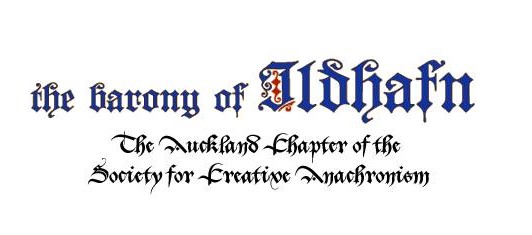Date:
Late 15th century (c. 1476–1500)
Description:
“Ave Vera Virginitas” is a luminous motet composed by Josquin des Prez, celebrating the Virgin Mary. Its title translates to “Hail, True Virginity”, and the text exalts Mary’s purity and role in the Incarnation. This piece showcases Josquin’s masterful control of vocal texture, imitative counterpoint, and expressive text setting typical of the High Renaissance.
Discussion:
This motet is one of Josquin’s later and more reflective Marian compositions. It demonstrates a serene, balanced style with fluid melodic lines and clear phrasing. The sacred text is set with deep reverence, highlighting theological themes of virginity, divine motherhood, and heavenly intercession. The music unfolds in rich polyphony but is more restrained than Josquin’s earlier exuberant motets, suggesting a mature, devotional atmosphere.
Composer:
Josquin des Prez (c. 1450–1521)
Arranged by:
Original for SATB; modern editions available for SSA, TTBB, and instrumental consort adaptations
Sheet Music:
Available through CPDL, IMSLP, and early music publishers such as Carus, Edition Peters, and Oxford University Press.
The arrangement we use is from the Big Lochac Snogbook (page 15) or here as a pdf or musescore file.
Parts:
SATB (4-part polyphony)
Type:
Sacred Motet
Language:
Latin
Ranges:
- Soprano: C4 – G5
- Alto: G3 – D5
- Tenor: C3 – A4
- Bass: F2 – D4
(Ranges may vary slightly in modern editions)
Advice for beginners:
While this piece is not overly complex, it requires confident part-singing and good blend. Focus on maintaining legato phrasing, tuning intervals carefully (especially thirds and fifths), and respecting the imitative structure. Understanding the Latin text can help with phrasing and expression. It’s a great introduction to Josquin’s style and Renaissance polyphony in general.
Sound Files:
Here are some sound files for reference. All parts, soprano, alto, tenor, bass
